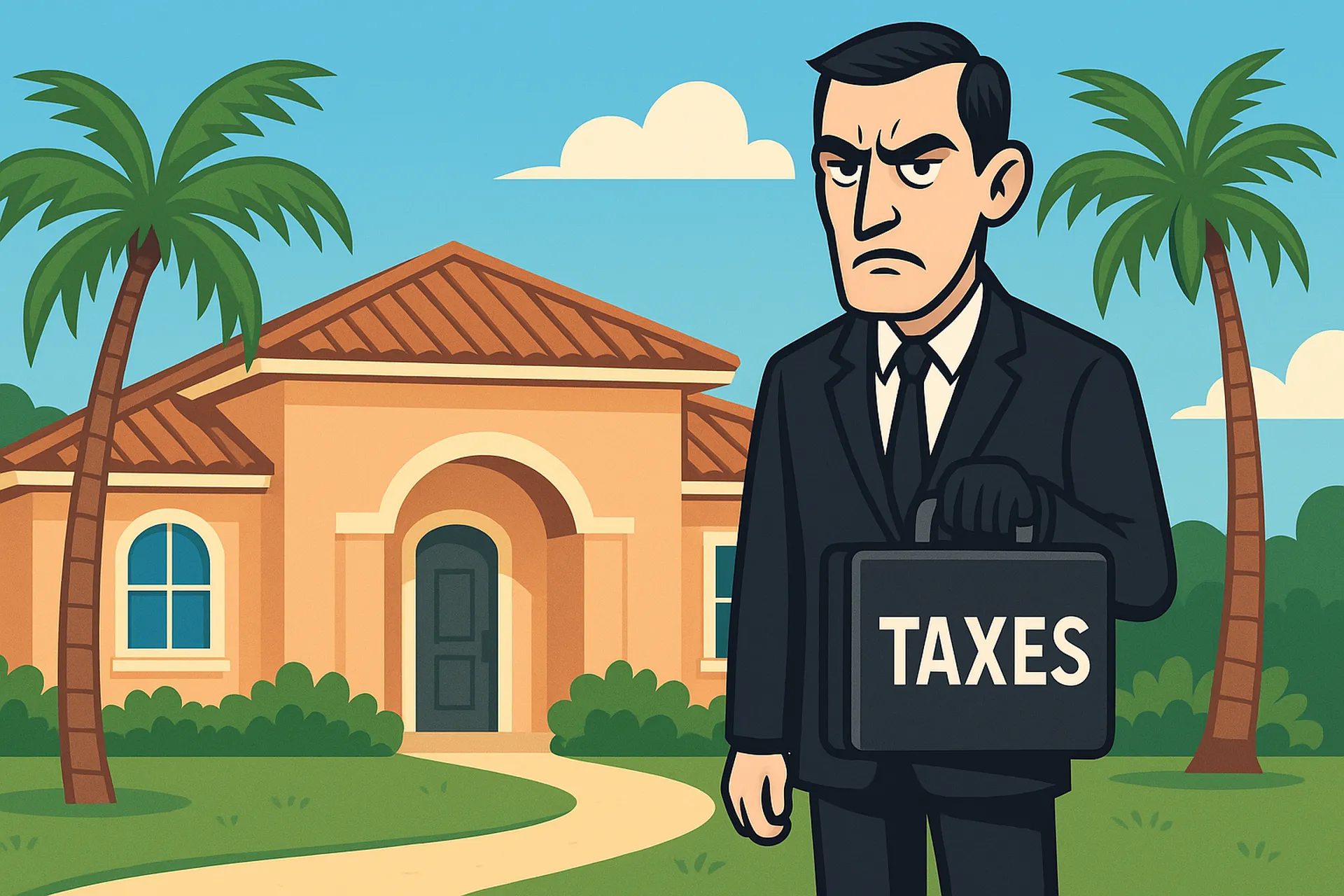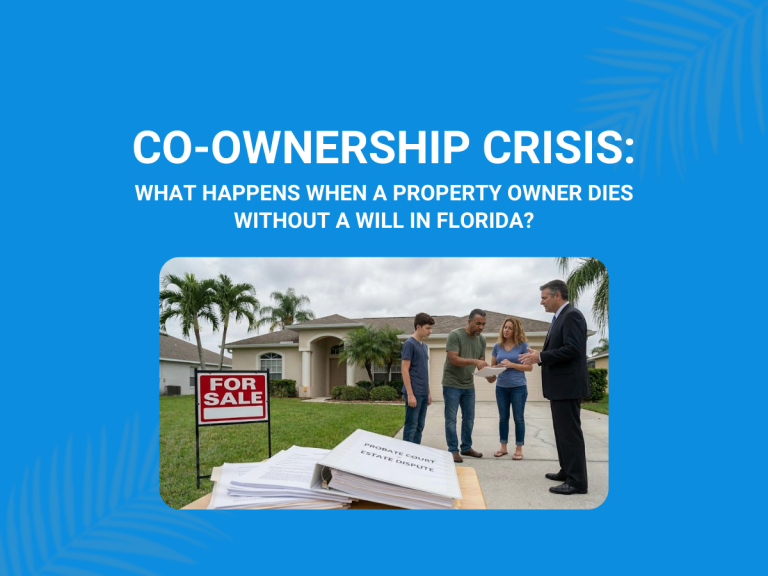Why Most Floridians Won’t Pay Estate (or any other) Taxes at Death
When people think about estate planning, they often worry about the government taking a large portion of their life savings after they pass away. The good news is that for most Floridians, this fear rarely becomes reality. Thanks to Florida’s favorable tax laws and the high federal estate tax exemption, very few estates in Florida ever pay estate tax.
Florida Does Not Have an Estate or Inheritance Tax
Some states impose their own estate or inheritance tax, but Florida does not. No matter the size of your estate, there is no state-level death tax here.
Federal Estate Tax Rarely Applies
The federal government does impose an estate tax, but only on very large estates. As of now, the exemption is over $13 million per person, or more than $26 million for a married couple. That means fewer than one in a thousand estates across the country owe any estate tax at all.
Other Taxes Still Apply
It’s important to distinguish estate taxes from other kinds of taxes. While your estate is unlikely to owe estate tax, other taxes may apply in different contexts:
- Retirement accounts: Beneficiaries of IRAs and 401(k)s may owe income tax when they withdraw funds.
- Capital gains: Assets sold after death may be subject to capital gains tax, though rules about stepped-up basis often reduce or eliminate this tax.
- Everyday taxes: Floridians still pay sales tax, property tax, and federal income tax during life — but those are not estate taxes.
The Benefit of Stepped-Up Basis
One of the most important tax benefits at death is the step-up in basis. When someone passes away, most of their assets receive a new tax basis equal to the fair market value at the date of death.
- Example: If you bought a home in Sarasota for $150,000 years ago and it is worth $500,000 when you pass, your heirs inherit it with a basis of $500,000. If they sell it right away for $500,000, no capital gains tax is owed.
This rule can save families thousands — or even hundreds of thousands — in potential capital gains taxes.
Why Planning Still Matters
Even if estate taxes are unlikely, planning is still essential. Probate, guardianships, and disputes among heirs can create costly delays and stress for families. A well-prepared estate plan helps avoid these problems and ensures your wishes are honored.
Conclusion
Most Floridians will never pay estate taxes at death, and many assets benefit from the step-up in basis. Still, a thoughtful estate plan is the best way to protect your family from unnecessary costs and complications. If you’d like guidance on how Florida’s laws apply to your situation, contact Bart Scovill, PLC today.
Contact Us For More Information

Or Call 941-365-2253 for a Free Consultation
NOTE: The use of the Internet or this form for communication with the firm does not establish an attorney-client relationship. Confidential or time-sensitive information should not be sent through this form.






